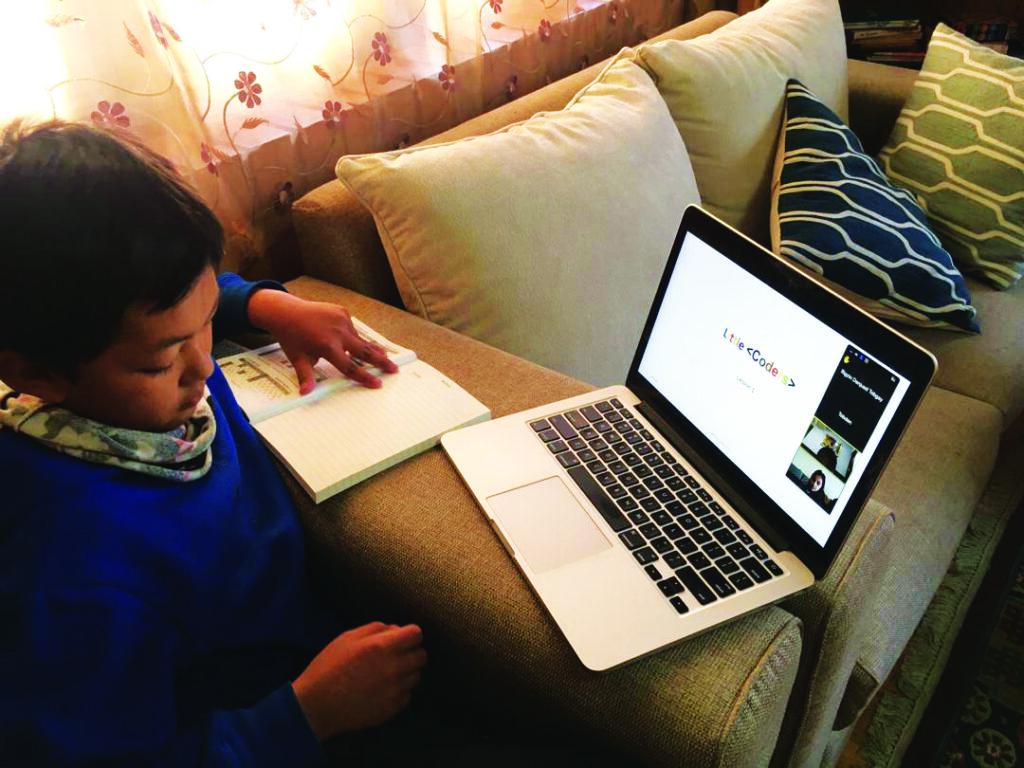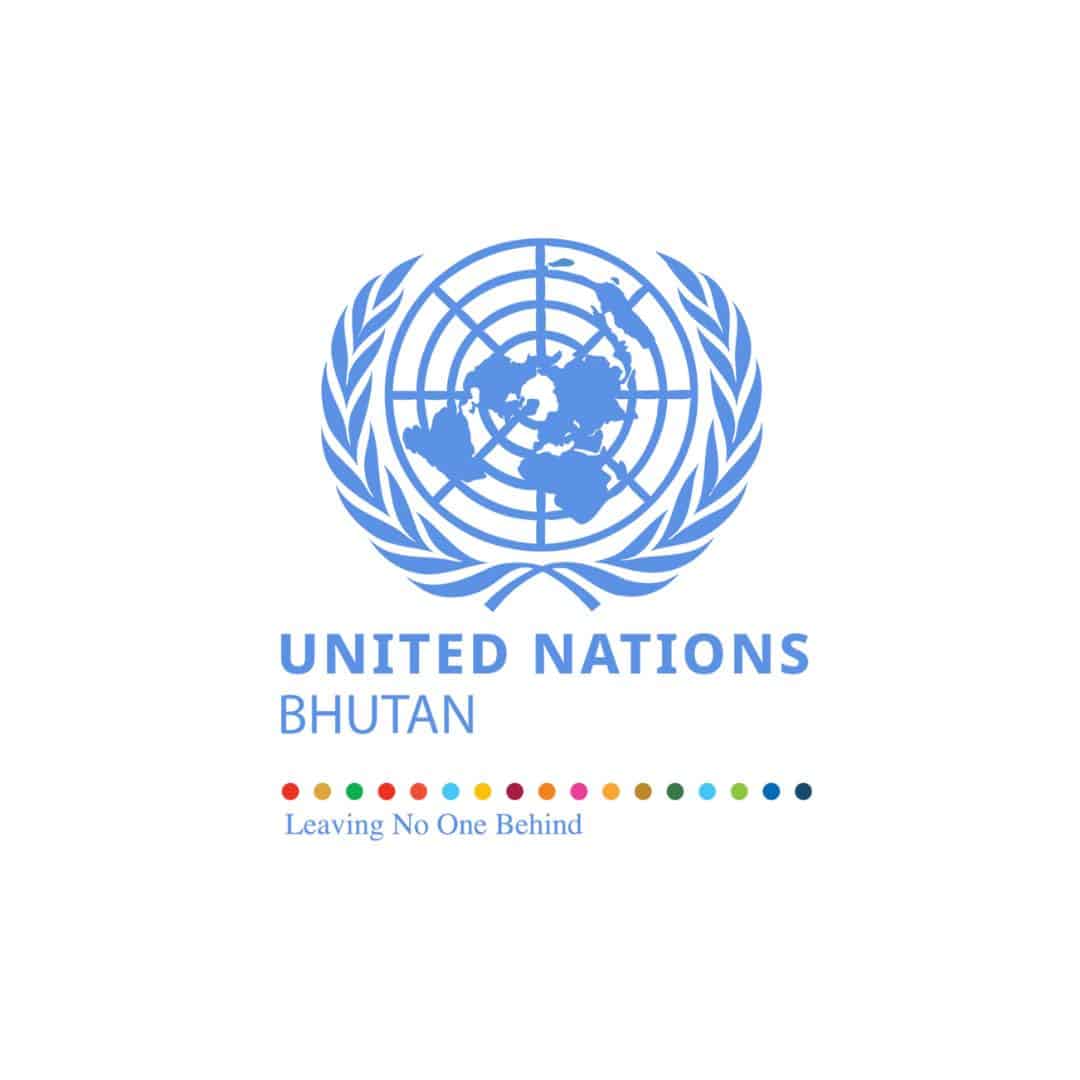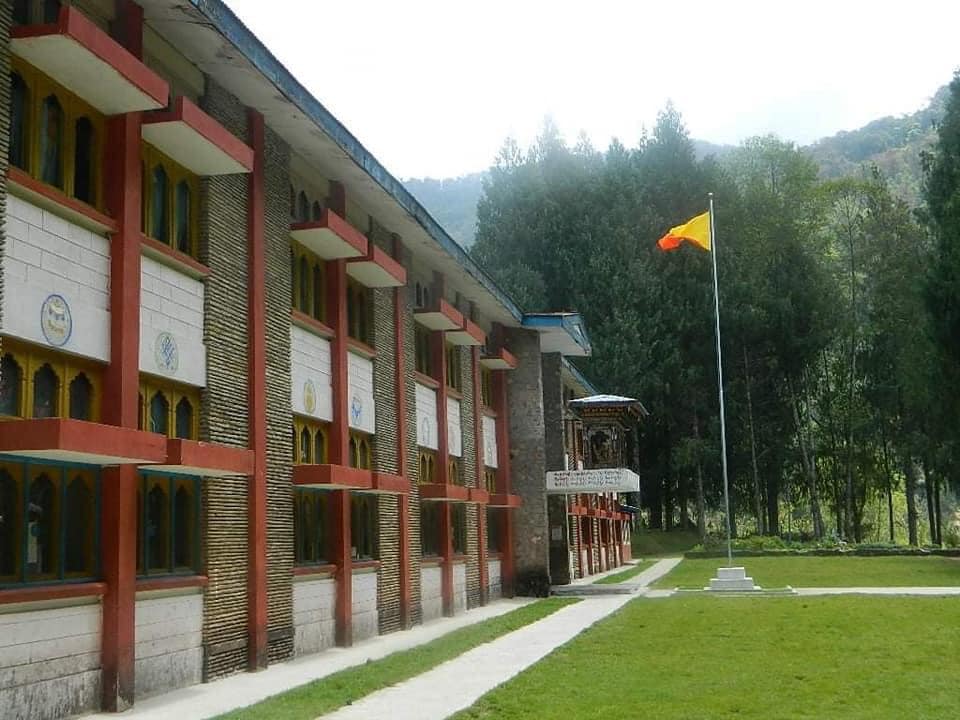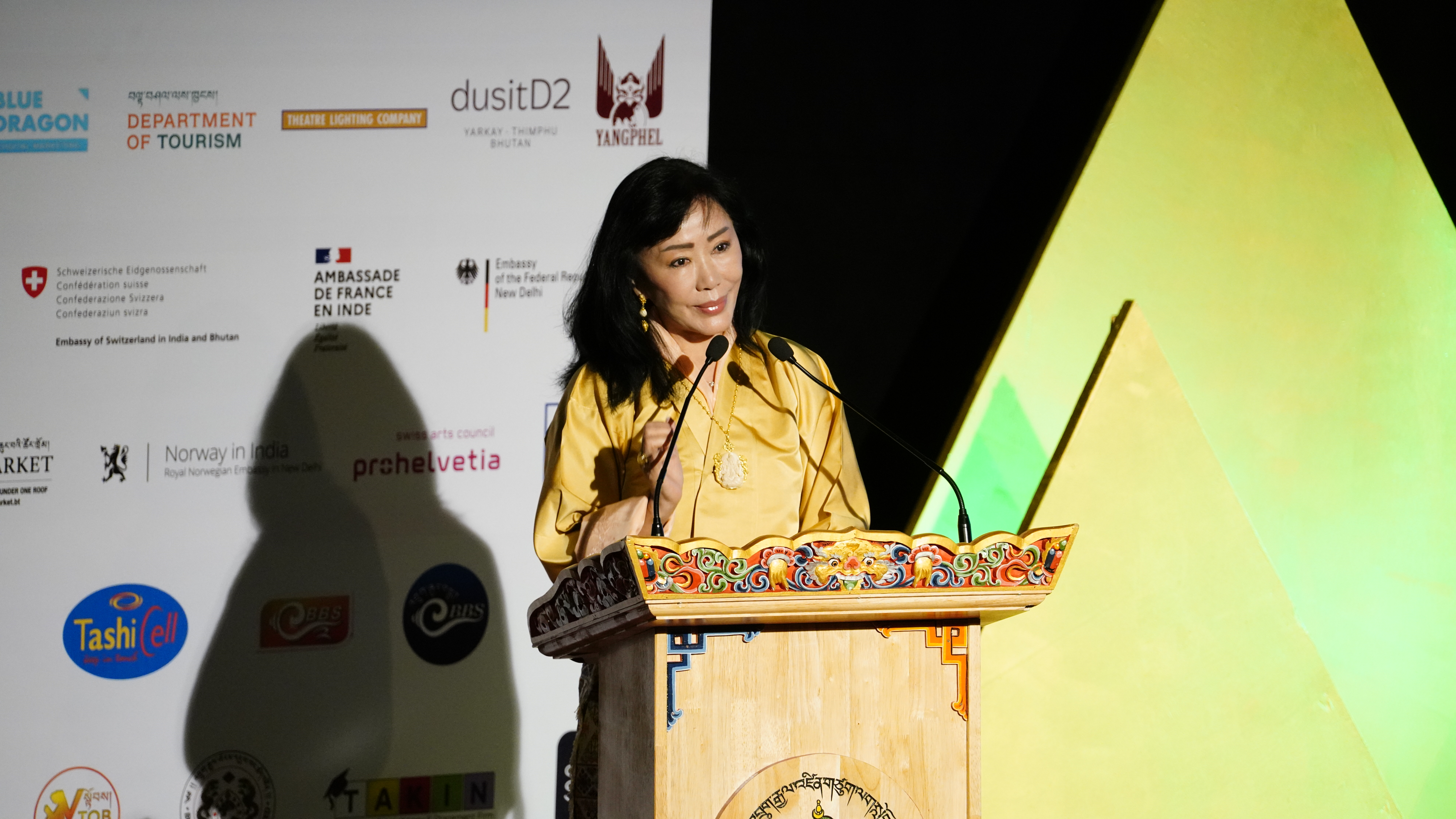Nothing distracts Jigme Kuendrel, when he is in front of his computer.
With the 11-year-old’s eyes glued to the screen, his little fingers move across the keyboard as he tries to write some codes on his computer.
“This is coding class,” he explains with excitement, sitting at his favorite corner in the room.
His early interest in computers and technology was what made his parents enroll him at the “Little Coders” in Thimphu, that provides children with programming tutorials. Now he spends around one hour every weekend learning to write codes.
Like Jigme Kuendrel, there are around 111 students, who had registered within a span of few hours of opening registration in January this year.
Some couldn’t complete the course because they had to return to boarding schools. Others completed two months of course for the first batch on March 7.
The founder of Little Coders, Dawa Sonam said the coding programs are specifically designed to teach programming skills to children.
“We did a thorough research before starting the “little coders” initiative,” he said, adding that they use open source and globally renowned resources, and adopt them to the local contexts.
He said that in today’s digital age, most children learn to swipe and click before they can speak coherently or walk. Smartphones and tablets are their digital pacifiers, companions and entertainers.
“It is but natural, then, that many parents want their children to learn how to create the very technologies that they are dependent on,” he said, adding that the classes are meant to be fun, playful and make children.
“Coding is the language of the future, and so are our children. Learning to code now will prepare them for the digital future,” Dawa Sonam said, adding that the concepts of coding, in very simple form, are taught from Kindergarten in many countries, as it has many benefits such as development of children’s thinking capacity, enhancing ability to solve problems, and improving reasoning systematically etc.
“It is very important for our children to learn coding,” he said.
According to Dawa Sonam, coding in schools uses “Scratch”, which is a very renowned block-based visual programming language meant for children. However, it is evident that there is a shortage of resources in schools in terms of access to computers, internet and coding teachers etc.
“At Little Coders, all our tutors are IT professionals with experience in software development,” he said, adding that they work in and know the industry well, and are thus best suited to teach coding.
“We use both block-based and text-based coding platforms. We teach them concepts of coding in a way that they understand and enjoy. We also teach them simple languages such as HTML, and CSS,” Dawa Sonam said.
Meanwhile, Dawa Sonam also shared that they are working on a course to teach children mobile application development using blocks, which is popular in neighboring countries like India.
“This will allow our children to apply the concepts that they learn.”
Given that technology has transformed our daily lives and technology will keep on developing, Dawa Sonam said coding is a foundation for all kinds of technology.
“Coding is now an essential ability for the 21st century, because of which it is becoming an important part of education curriculum around the world,” he said. “Besides being an attractive career, coding would be beneficial for understanding the technological world that we live in.”
However, children are learning to code at its most basic, in learning to instruct computers.
“Since, coding is a STEM skill, coding and maths are thought as similar by many. But coding is a language, and not a mathematical equation. So, students need to have the ability to solve problems, and think logically while coding,” Dawa Sonam said.
Kinley Yonten from Thimphu















